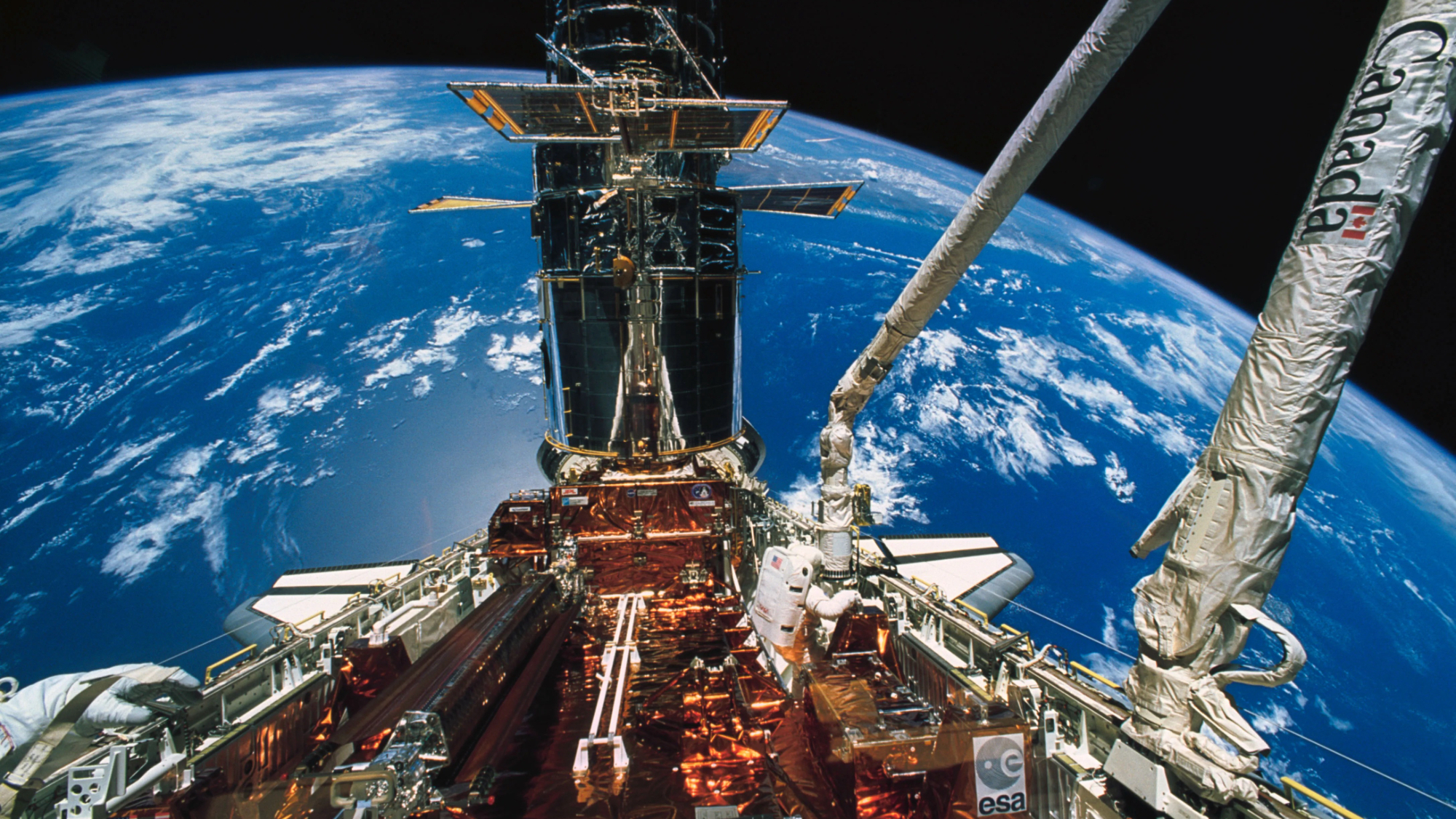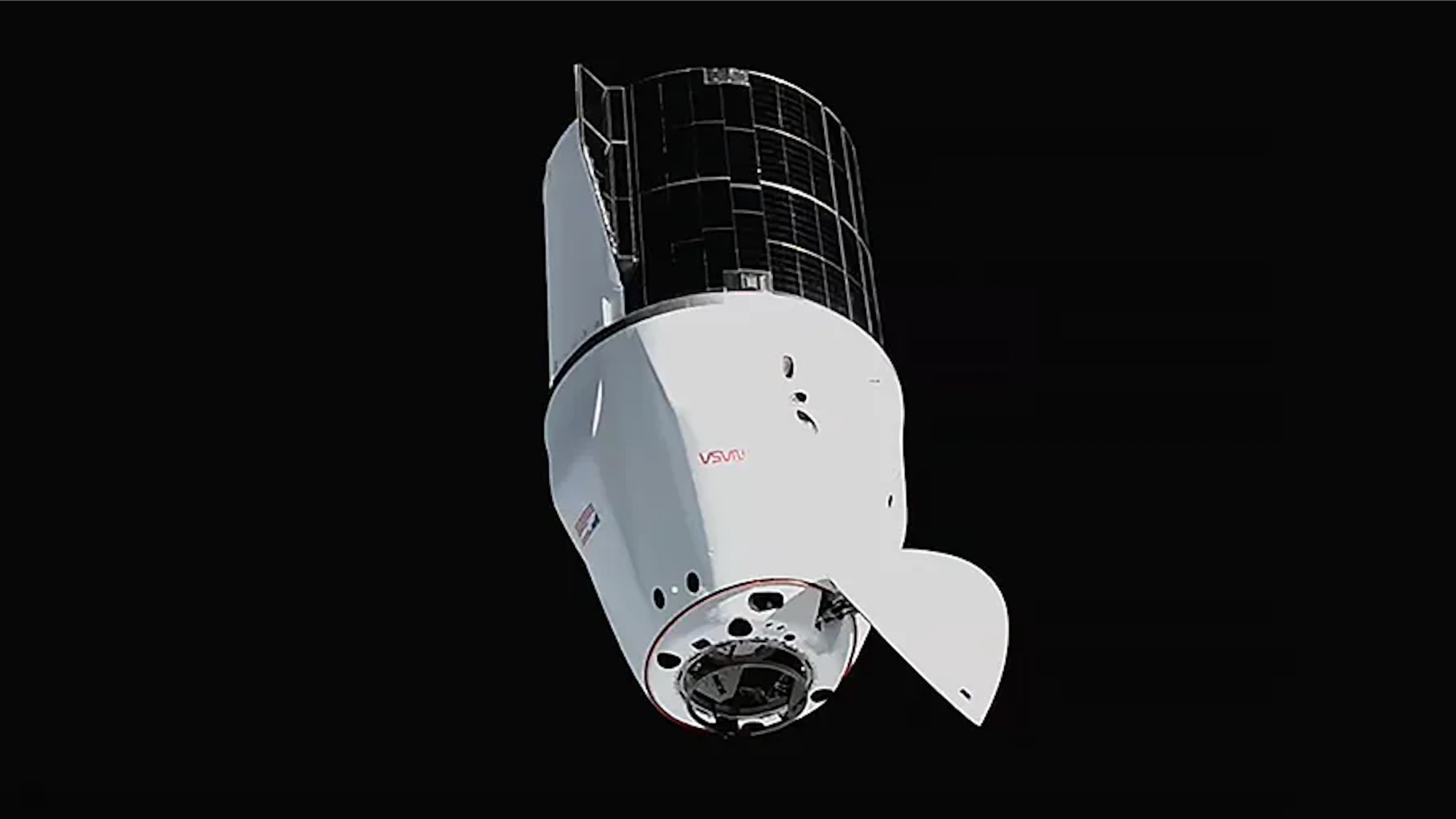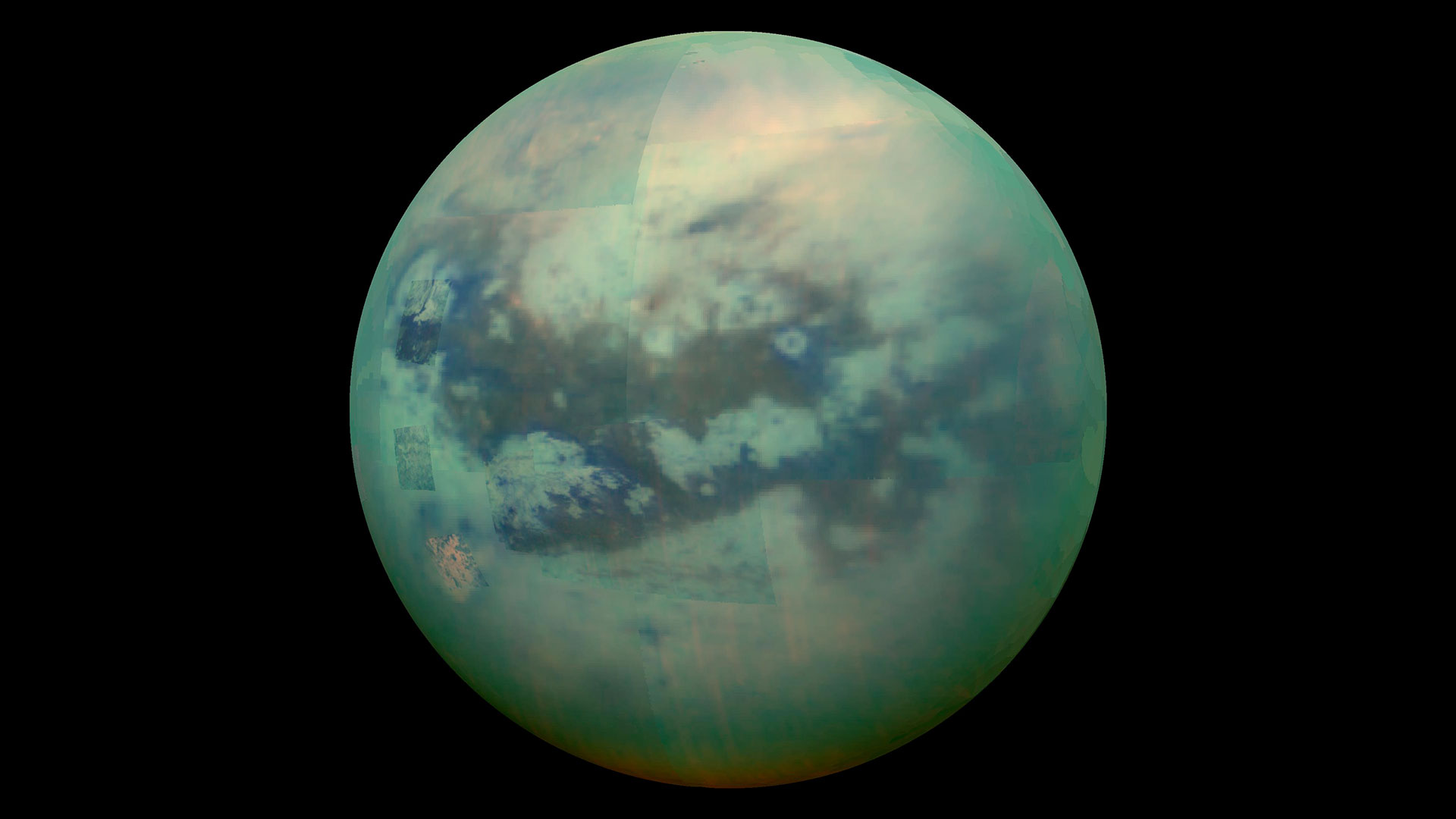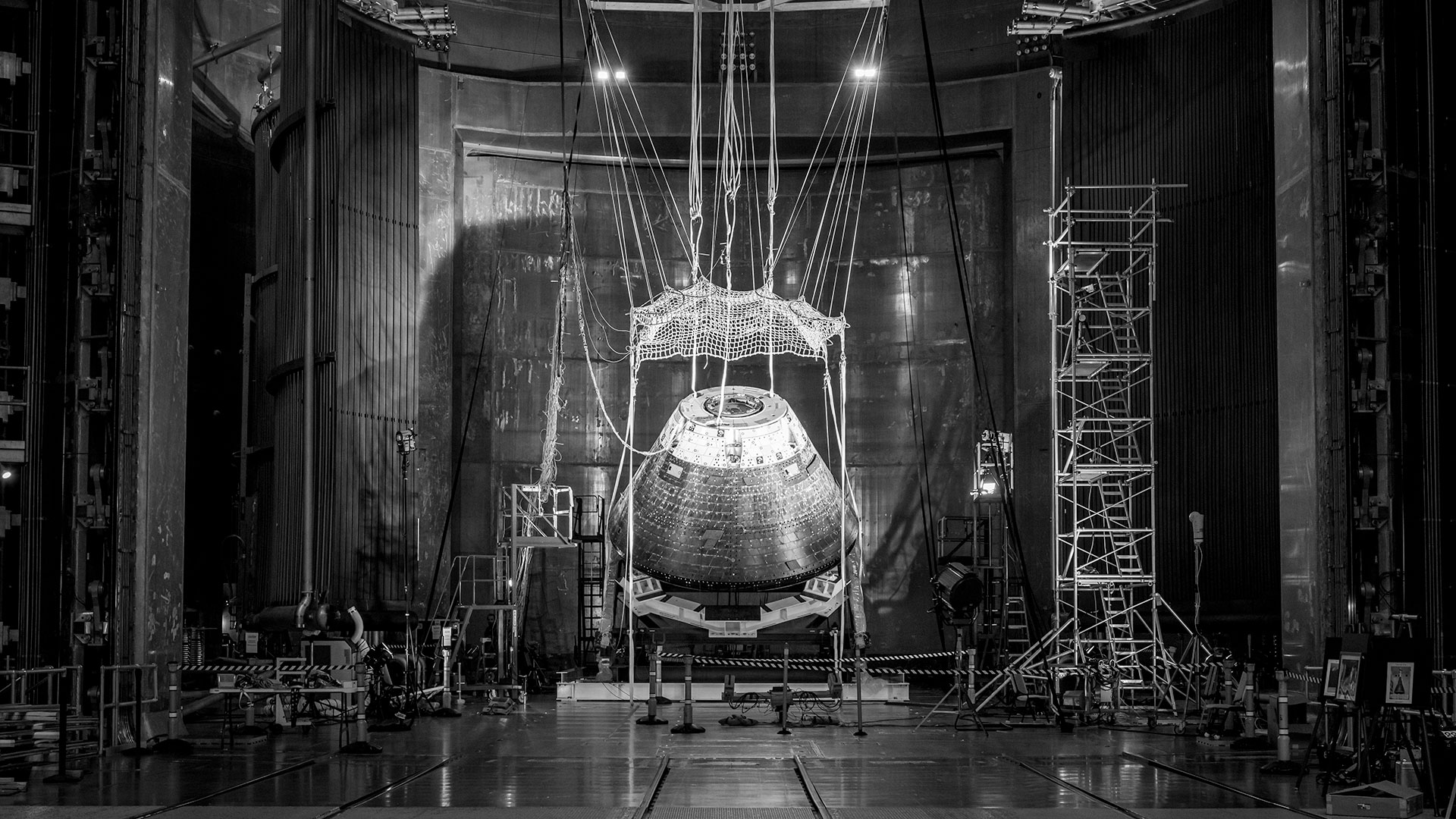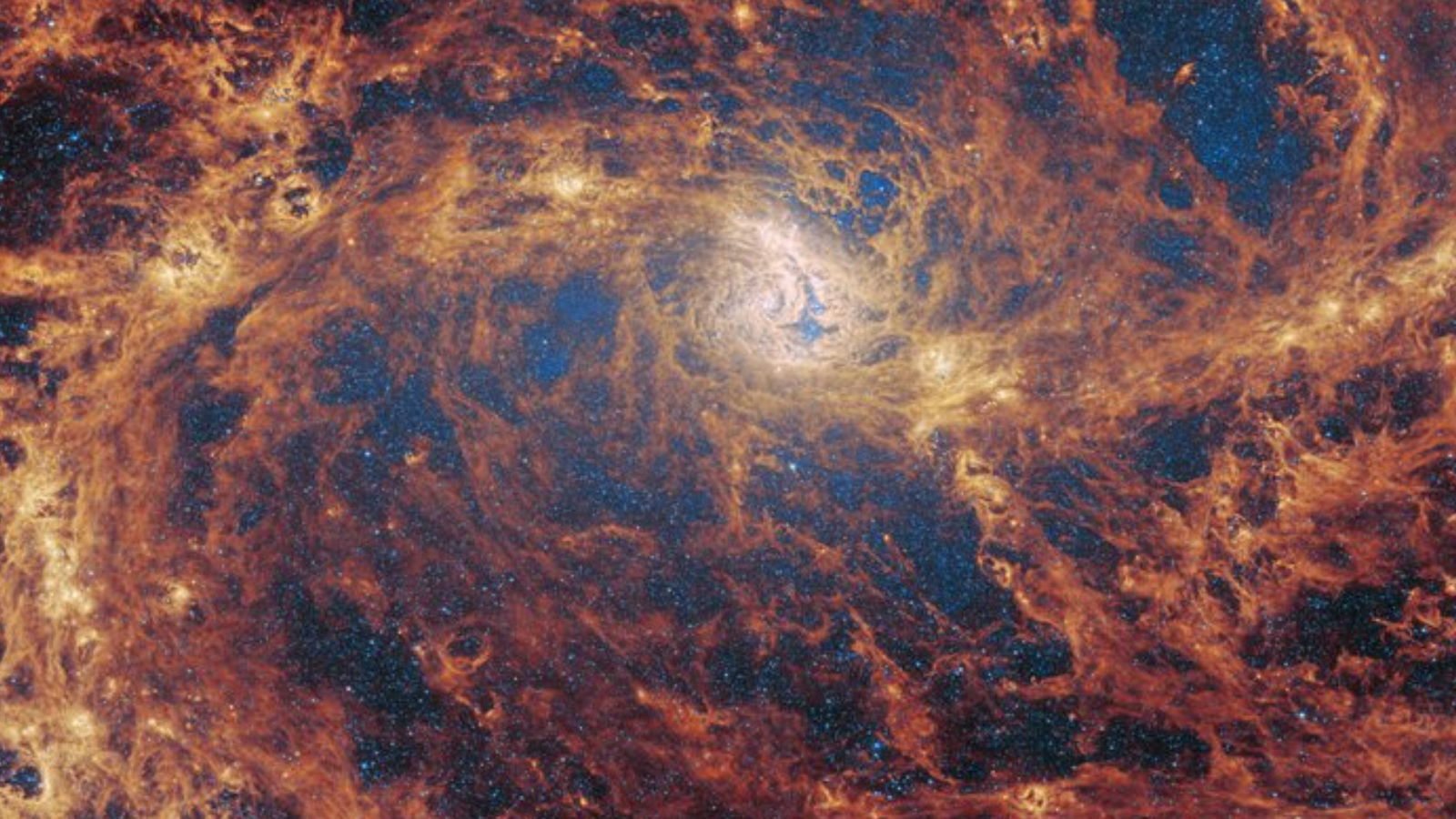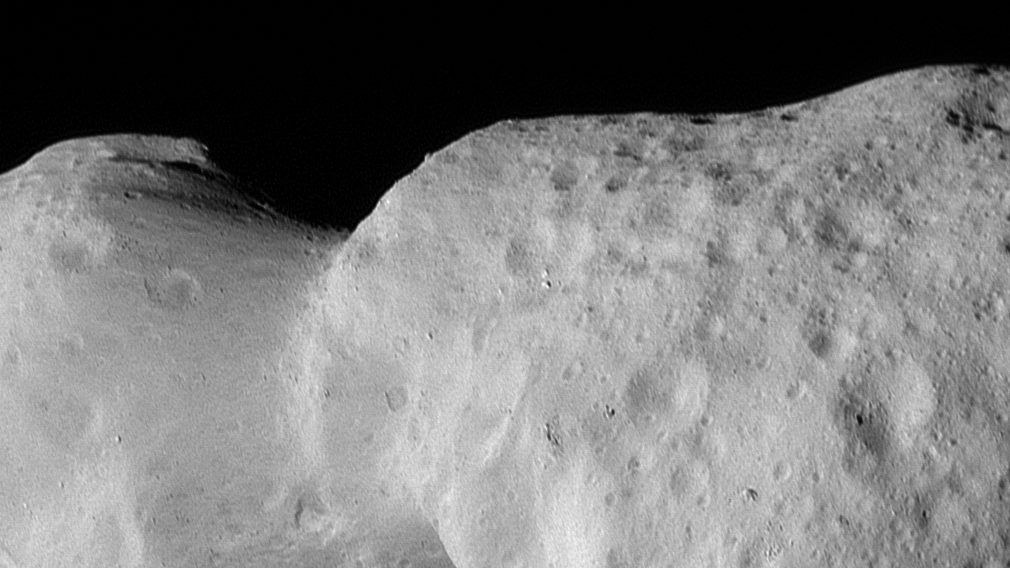Luxembourg Adopts Space Resources Law

WASHINGTON — The government of Luxembourg has passed a bill giving companies the rights to space resources they extract from asteroids or other celestial bodies.
The parliament of Luxembourg, a unicameral body known as the Chamber of Deputies, voted 55 to 2 in favor of the space resources law July 13. Passage of the bill means the act will become law on Aug. 1.
"Luxembourg is the first adopter in Europe of a legal and regulatory framework recognizing that space resources are capable of being owned by private companies," Étienne Schneider, deputy prime minister and minister of the economy, said in a statement. "The Grand Duchy thus reinforces its position as a European hub for the exploration and use of space resources."
The law, which the government has been working on since last year, grants companies operating out of the country ownership of space resources they extract, similar to provisions in the Commercial Space Launch Competitiveness Act, which became law in the U.S. in November 2015.
"Space resources are capable of being appropriated," the first article of the Luxembourg act states, according to an English translation provided by the government.
The rest of the act sets up a system for the government to authorize and supervise resource extraction and other space activities, with the exception of communications satellites, which are regulated by other laws in the country.
Passage of the law was expected. Schneider, speaking at an event organized by the Luxembourg government in New York in June, predicted that the parliament would pass the law by July. He said then that the law was similar in scope to the U.S. law, with the exception that companies need not be based in Luxembourg to take advantage of its provisions.
Get the Space.com Newsletter
Breaking space news, the latest updates on rocket launches, skywatching events and more!
Both the U.S. and Luxembourg laws grant ownership to resources only after they have been extracted, avoiding potential conflicts with the Outer Space Treaty, which prohibits companies from claiming territory on celestial bodies. Nonetheless, the U.S. law has been criticized by some nations in forums like the U.N.'s Committee on the Peaceful Uses of Outer Space.
In its statement about the new space resources act, the Luxembourg government states that, in addition to the law, it seeks "to promote international cooperation in order to progress on a future governance scheme and a global regulatory framework of space resources utilization." An example of that work cited in the release is an agreement with the European Space Agency on studies of space resource exploration and utilization.
The passage of the law is the latest milestone for Luxembourg's SpaceResources.lu initiative, which seeks to make the country a key player in the emerging space resources industry. The country has committed to spent at least 200 million euros ($230 million) on the effort, including making investments in asteroid mining companies in exchange for them setting up offices in Luxembourg.
One of those companies is Planetary Resources, based near Seattle but with a European office in Luxembourg. "Luxembourg's new space resources law provides Planetary Resources with a strong basis for stability and predictability for our current and future asteroid mining operations," said Peter Marquez, acting general manager of the company, in a July 13 statement.
This story was provided by SpaceNews, dedicated to covering all aspects of the space industry.
Join our Space Forums to keep talking space on the latest missions, night sky and more! And if you have a news tip, correction or comment, let us know at: community@space.com.

Jeff Foust is a Senior Staff Writer at SpaceNews, a space industry news magazine and website, where he writes about space policy, commercial spaceflight and other aerospace industry topics. Jeff has a Ph.D. in planetary sciences from the Massachusetts Institute of Technology and earned a bachelor's degree in geophysics and planetary science from the California Institute of Technology. You can see Jeff's latest projects by following him on Twitter.

